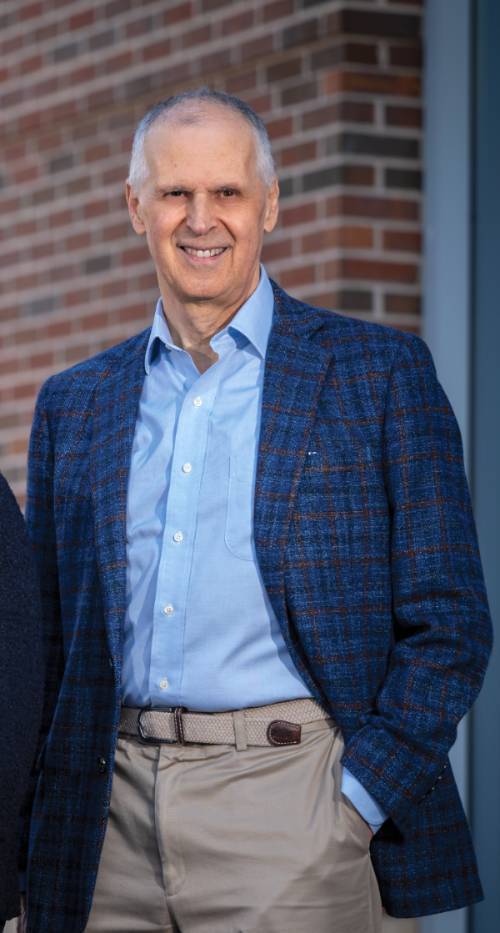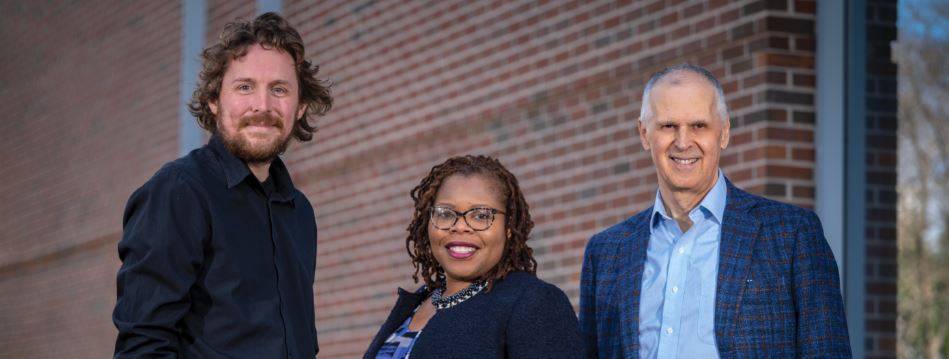
- Augusta University
- Centers & Institutes
- IPPH
- Biomedical Research Innovation Laboratory
Biomedical Research Innovation Laboratory
Defining Novel Determinants of Research Productivity in Life Sciences
The laboratory of Andrew Balas wants to understand how groundbreaking discoveries arise from the most productive biomedical research laboratories and how more discoveries can benefit public health. At a time when more than half of published research turns out to be either uninformative or non-reproducible, there is a great societal need to gain insight into the origins of reproducible scientific discoveries that transform public health. Current data science and meta studies include, among others, identifying best research practices of Nobel Laureates and other high impact scientists; developing methods to prevent research errors and ineffectiveness in the laboratory, and designing evidence-based organizational strategies to increase practically impactful innovation. Through a variety of research projects, his Biomedical Research Innovation Laboratory promotes the scientific method, research quality and productivity improvement, evidence-based decisions, critical thinking, and constructive dialogue.
We study best practices, like Nobel Laureates and rapidly expanding research universities and we study research defects and the ways we can avoid them.
The ultimate goal of our wide-ranging studies is to support pre-clinical, clinical, and data science researchers, especially principal investigators of biomedical research teams and laboratories, in achieving better and more reproducible results for society’s practical use and benefit. Our studies provide evidence based recommendations for research quality control and scientific productivity improvement (e.g., evidence based practices of reproducibility, software tools for scientific data gathering, valuable but unfamiliar data repositories for research, and others). Please click on the link below to get to the list of resources offered and recommended by our Biomedical Research Innovation Laboratory.
The Wiley book titled Innovative Research in Life Sciences: Pathways to Scientific Impact, Public Health Improvement, and Economic Progress explores the creative processes from vague research ideas to valuable innovation. By drawing on lessons from hundreds of Nobel Laureates, award-winning scientists, serial innovators, and leading research universities, 12 transformative competencies of successful researchers are highlighted. Available at Amazon, Wiley, The Telegraph UK.
Our publication titled Prevalence and Prevention of Reproducibility Deficiencies in Life Sciences Research: Large-Scale Meta-Analyses (Medical Science Monitor, 2020, 26, e922016-1) provides a general reference when consistently measurable sources of laboratory experiment deficiencies need to be identified for research quality improvement.
Our laboratory has several emerging projects that represent excellent opportunities not only for learning, but also for making a difference. Using big data and meta research methodologies, we identify and explore best practices of scientific productivity. Our research has the track record of publishing many peer-reviewed reports that generate international impact and thousands of citations.
Science has never been more exciting than it is today. Please contact us if you are interested in visiting or collaborative opportunities in conducting 'research on research'.
Our passion and field of study: Public Science
How does it help research laboratories and principal investigators?
In addition to field-specific skills, the success of the research laboratory or team is strongly dependent on general research factors such as having a well-functioning team culture, avoiding errors of non-reproducibility, and increasing results with the current budget. The goal of public science is to identify these broad research characteristics and use them to benefit laboratories or teams, hence accelerating the progress of science.
Authors: E Andrew Balas and Wendy Burnett
Meet Andrew Balas
Dr. Balas is a tenured public health professor at Augusta University. His area of specialization is management, policy-making, health informatics and research methods development. He served as college Dean at three major research universities. Additionally, he spent a year working for the Public Health and Safety Subcommittee of the US Senate in Washington, D.C., organizing hearings and writing bills. His research has generated over 100 peer-reviewed articles and has been cited more than 11,000 times by researchers, many practitioners, and also by President Obama in his Chicago speech.
Passion:
- Supporting minority talent development in research and entrepreneurship overseas
- Reading about history and watching documentaries (original sources, not interpretations)
What people should know about Dr. Balas:
He loves running, jogging and finishing the Marine Corps Marathon every year since 2005!
Fun Fact:
His favorite movies: Indiana Jones (all of them, no exceptions); Avatar 1 and 2
Lab Members
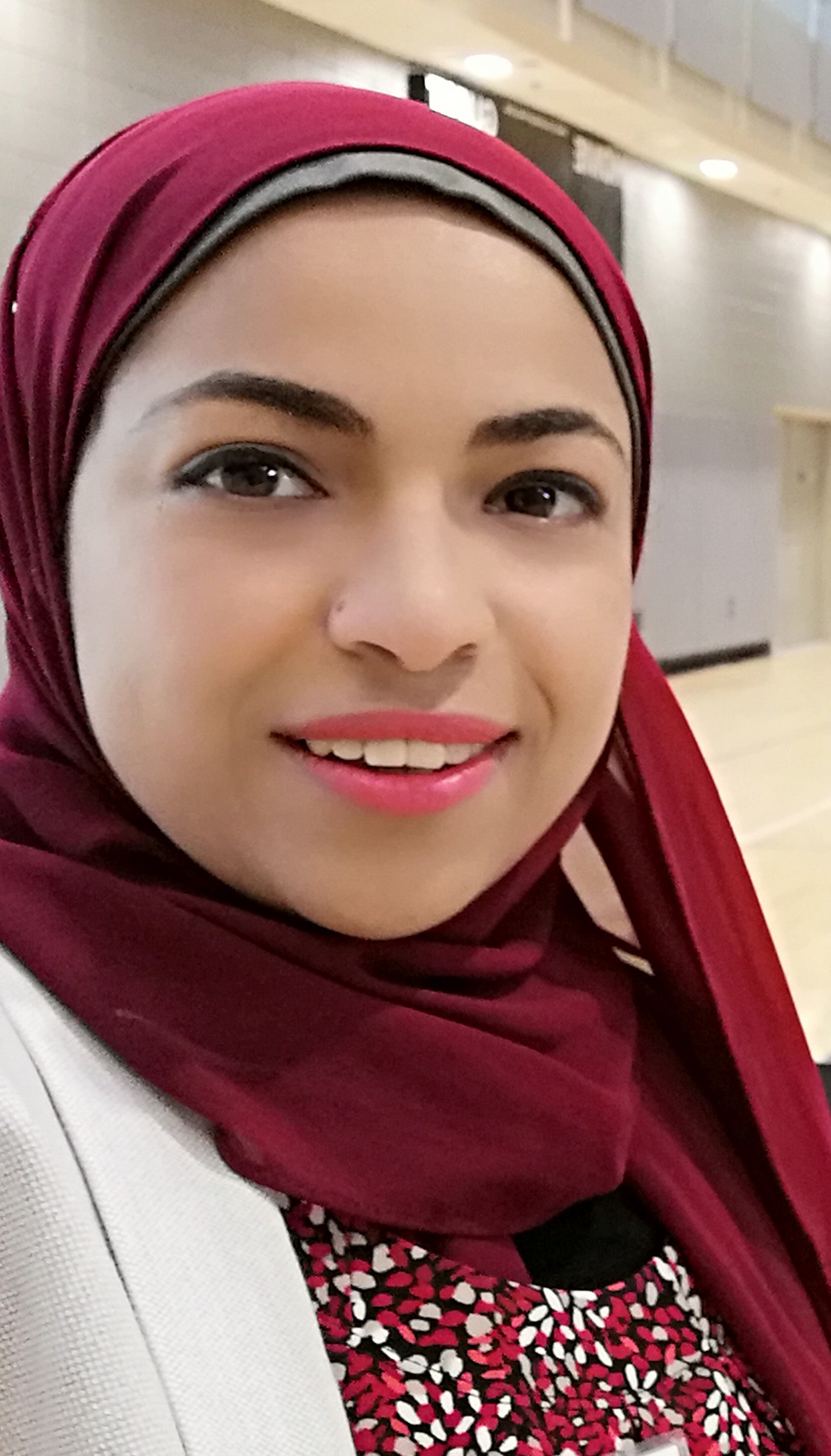
Dr. Yara Hossam Eldin Ragaa Abdelgawad is a Research Associate in the Institute of Public and Preventive Health at Augusta University. She obtained her Bachelor of Science in Medicine and Surgery from Faculty of Medicine, Cairo University, Egypt. She has also obtained her Masters and Doctorate degrees in Public Health and Community Medicine from Faculty of Medicine, Cairo University, Egypt.
-
-
Medical Biostatistics
- Macro-algorithms for database
- Health service management
- Health system research
- Health economics
- Public health nutrition
- Clinical nutrition
-
Passion:
-
- She loves writing poetry, singing, playing musical instruments and loves to cook.
Fun Fact:
-
- Drinks her morning coffee in a very tiny cup.
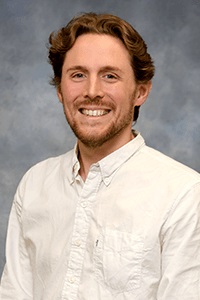
- Formal methods for concurrent systems
- Type systems for the study of complexity
- Reversible concurrent systems
- Matching algorithms for database
Passion:
- Loves reading graphic novels of all genres.
What people should know about Dr. Aubert:
- He is very approachable.
Fun Fact:
- He uses a keyboard that is blank in his office to force himself to not look at his fingers when he types.
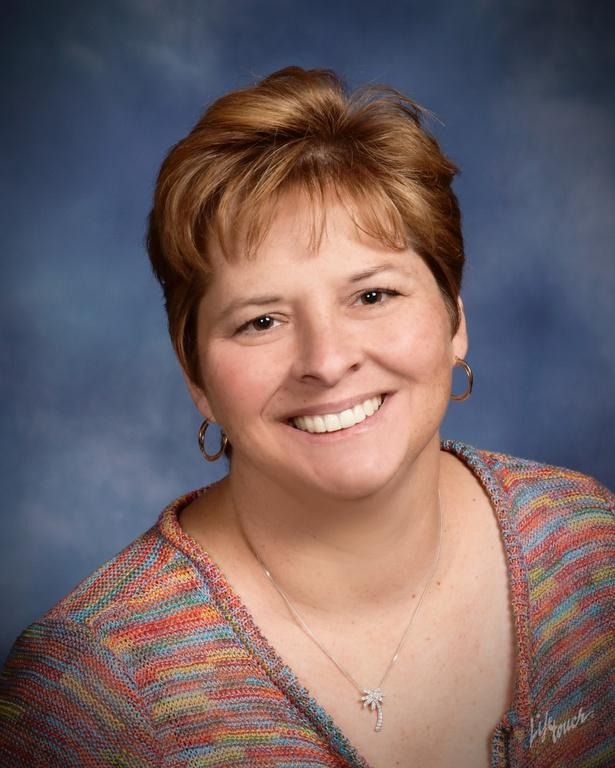
- Ethics in Research
- Quantitative analysis of research methodologies to understand best practices
- Quantitative analysis of Nobel Laureates
- I love to travel!
What people should know about Dr. Burnett:
- Her favorite quote is from Theodore Roosevelt, "Do what you can, with what you've got, where you are."
Fun Fact:
- Between 2018 and 2023, she gutted and rebuilt a 1978 31-foot airstream travel trailer while earning her PhD, working two part-time jobs, and raising her four children. Nothing is impossible.
Tiffany Townsend, PhD
- Co-Investigator
- Chief Diversity Officer, Vice President Organizational Culture, Purdue Global
Student Lab Members
Quality Improvement in Research
Dr. Andrew Balas presents at the NIH NLM FNLM Conference
Selected Publications
Balas, E. A. (2018). Innovative Research in Life Sciences: Pathways to Scientific
Impact, Public Health Improvement, and Economic Progress. John Wiley and Sons.
Vernon, M. M., Balas, E. A., & Momani, S. (2018). Are university rankings useful to
improve research? A systematic review. PloS one, 13(3), e0193762.
Balas, E. A., & Ellis, L. M. (2017). Preclinical data: Three-point plan for reproducibility.
Nature, 543(7643), 40.
Balas, E. A., & Chapman, W. W. (2018). Road map for diffusion of innovation in health
care. Health Affairs, 37(2), 198-204.
E. Andrew Balas, Marlo Vernon, Farah Magrabi, Lynne Thomas Gordon, Joanne Sexton.
Big Data Clinical Research: Validity, Ethics, and Regulation. Medinfo 2015. Volume
216
Balas EA, Elkin PL. Technology transfer from biomedical research to clinical practice:
measuring innovation performance. Evaluations & the Health Professions. 2013 Dec;36(4):505-17.
Epub 2013 Oct 18.
Kawamoto, K., Houlihan, C. A., Balas, E. A., & Lobach, D. F. (2005). Improving clinical
practice using clinical decision support systems: a systematic review of trials to
identify features critical to success. BMJ, 330(7494), 765.
Balas, EA, Boren, S.A. Managing clinical knowledge for health care improvement. Yearbook
of Medical Informatics. 2000;65-70.
